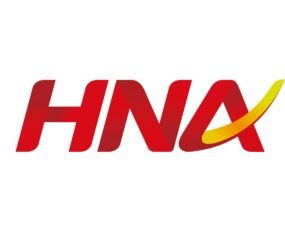
The death of its Chairman, Wang Jian, has amplified the predicament of HNA, the Chinese logistics and tourism conglomerate.
Wang Jian achieved the remarkable feat of turning a provincial Chinese airline and tourism business into a large diversified conglomerate operating a very large portfolio of logistics businesses in Europe, South East Asia and China. It also happened to own large assets in the hotel sector, holdings in major western banks and property. With his partner, Chen Feng, he transformed HNA into a platform for a string of foreign acquisitions using an extraordinary web of Chinese state banks, high-yielding bonds in western capital markets and even Chinese ‘peer-to-peer’ lending.
These purchases included Swissport, the air freight cargo handling and warehousing company. This fitted HNA’s existing forwarding and air freight businesses in China, and to a lesser extent, its large airline business which covers 12 companies in China and around four or five holdings outside China, including at least one dedicated cargo airline. HNA also created a portfolio of warehouses based on the warehousing company CWT that it purchased in 2017, bought both SeaCo container leasing and TIP trailer leasing from GE and had been negotiating to buy a refrigerated warehousing and road freight company in Australia.
Yet even before the death of Wang Jian the company had run into trouble. Credit dried up as its debts rocketed into the billions of US dollars. Lenders began to lose confidence and Beijing indicated its concern. The response was a rapid sale of assets.
Last week saw the sale of a complex of warehouses in Singapore and the cancellation of negotiations to buy the Australian trucking company. Swissport was to be floated on the Swiss stock exchange but this was cancelled due to concerns it would not achieve the US$2.8bn that HNA paid for it in 2015. TIP trailer leasing was sold to a UK private equity company in May. Presumably the sale of assets will continue.
HNA became a major global logistics service provider in the space of a few years. It crashed to earth almost as quickly. It suggests that the ability of Chinese companies to access capital is substantial but their ability to sustain growth may be more limited.
Source: Transport Intelligence
Author: Thomas Cullen